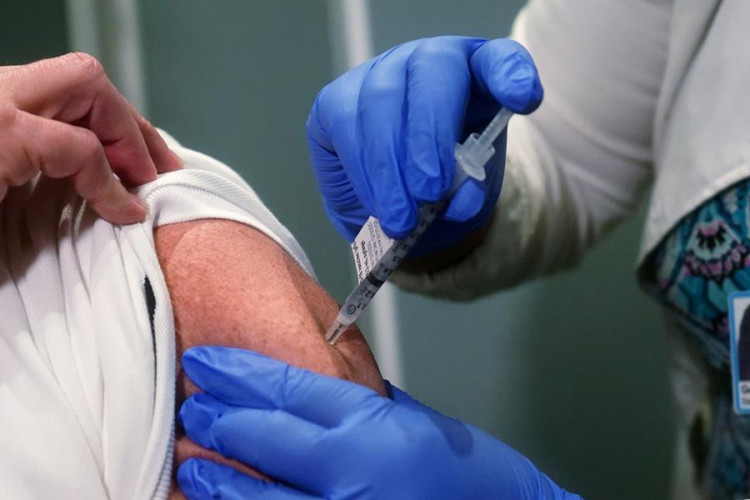Many of the symptoms associated with post-COVID syndrome (PCC, also known as long COVID) could be attributed to the virus's impact on the vagus nerve, one of the body's most essential multi-functional nerves.
Long COVID is a potentially debilitating disease that affects an estimated 10-15% of COVID-19 survivors. The authors argue that SARS-CoV-2-mediated vagus nerve dysfunction (VND) could explain various long-term COVID symptoms such as persistent voice issues, swallowing difficulty, dizziness, unusually high heart rate, low blood pressure, and diarrhea.
The vagus nerve runs from the brain to the torso, where it passes via the heart, lungs, and intestines, as well as various muscles, including those that control swallowing. As a result, this nerve is in charge of a variety of bodily functions, including heart rate control, speech, the gag reflex, food transfer from the mouth to the stomach, food movement through the intestines, sweating, and more.
In an assessment of long COVID patients displaying one or more indicators of VND, the researchers performed imaging and functional tests, as well as a morphological and functional study of the vagus nerve, to better explain the disorder.
Two-thirds (228) of the 348 individuals in the research exhibited at least one VND symptom among their long COVID symptoms. Following the completion of the initial examinations, a test group of 22 patients with VND symptoms was evaluated further.
Twenty of the 22 cases studied were women with a median age of 44, and the symptoms had been present in the participants for an average of 14 months.
The most common VND symptoms were diarrhea (73% of participants), tachycardia (59%), dizziness, difficulty swallowing, and voice issues (45% each). Low blood pressure affected an additional 14% of patients.
In total, 86% of the individuals examined experienced at least three VND-related symptoms.
Because the specific origin of long COVID is unknown, as is the reason why symptoms vary so much from patient to patient, the study's findings could have a substantial impact on future research and treatment of the disorder.
"In this pilot evaluation, most long COVID subjects with vagus nerve dysfunction symptoms had a range of significant, clinically-relevant, structural and/or functional alterations in their vagus nerve, including nerve thickening, trouble swallowing, and symptoms of impaired breathing," the study's authors concluded.
The study is by Dr. Gemma Lladós and Dr. Lourdes Mateu of the University Hospital Germans Trias i Pujol, Badalona, Spain, and colleagues, and will be presented at this year's European Congress of Clinical Microbiology and Infectious Diseases in Lisbon in April.





